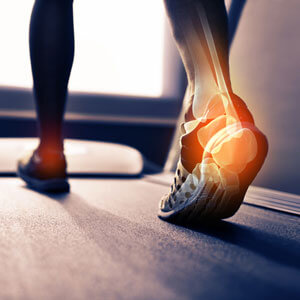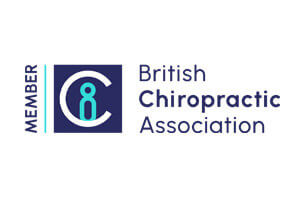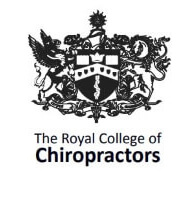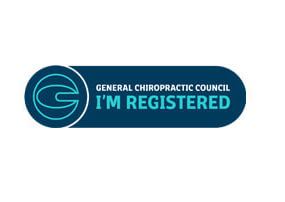 Tendons are found throughout the body and anchor muscles to bone. Your Achilles tendon connects the muscles at the back of your calf, gastroc and soleus, to the bottom of the heel bone. As your calf muscles contract and tighten, this pulls on the Achilles tendon and this lifts your heel off the ground during movement. It enables you to stand on your toes, run, walk, climb stairs and jump. Tendinitis means inflammation of a tendon, and hence Achilles tendinitis means inflammation of the Achilles tendon. It is the strongest tendon in our body and is capable of withstanding up to 4 times your body weight.
Tendons are found throughout the body and anchor muscles to bone. Your Achilles tendon connects the muscles at the back of your calf, gastroc and soleus, to the bottom of the heel bone. As your calf muscles contract and tighten, this pulls on the Achilles tendon and this lifts your heel off the ground during movement. It enables you to stand on your toes, run, walk, climb stairs and jump. Tendinitis means inflammation of a tendon, and hence Achilles tendinitis means inflammation of the Achilles tendon. It is the strongest tendon in our body and is capable of withstanding up to 4 times your body weight.
What causes inflammation of the Achilles tendon?
Some of the most common causes can be:
- Repetitive use and contraction of the calf muscles stresses the Achilles tendon. For example, during hill or stair running/climbing. If you run on your toes, this can stress the back of the leg and tendon too.
- Inadequate stretching or warm up before exercise
- Sudden stretching of the tendon or calf muscles can cause strain or even tearing of the Achilles tendon
- Weight gain or pregnancy
Signs and symptoms of an inflamed Achilles tendon
- Pain in the Achilles above the heel
- Pain may be worse in the morning or at the beginning of activity while warming up
- There may be a visible swelling in chronic conditions
- It may be painful to squeeze the calf muscles
- It may be painful to stretch the calf muscles and tendon (pointing your toes up towards your head)
Management/treatment
- Ice to decrease inflammation
- Gentle stretching of the calf musculature
- Chiropractic treatment – treatment may not directly help the tendon, but a chiropractor can work with the surrounding leg musculature to ease any muscular tightness, which could improve the movement and mechanics of the lower leg and indirectly relieve pressure on the tendon. The chiropractor may also look at the mechanics of your foot and can assist with advice about returning to exercise
- Phased return to exercise – your chiropractor can advise
Prognosis – how quickly will I recover?
This can often depend on willingness to moderate activity. We use the word moderate because having Achilles inflammation does not necessarily mean you have to stop all exercise. Instead, you may need to reduce the intensity or type of activity for a period.
Stiffness can last several weeks, and recurrence is not uncommon. Chronic cases (those that last longer than 6 weeks) can take longer to respond to treatment and, as above, this may depend on an individual’s habits. Chronic thickening or tearing and full rupture of the Achilles tendon may require surgery.
References
Carnes, D. and Vizniak, D., 2010. Quick Reference Evidence-Based Conditions Manual. 3rd ed. Canada: Professional Health Systems.
De Vos R, van der Vlist AC, Zwerver J, et alDutch multidisciplinary guideline on Achilles tendinopathyBritish Journal of Sports Medicine 2021;55:1125-1134



